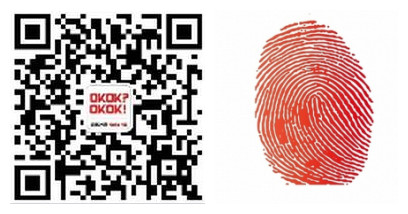1. The Lease
After you have found the perfect place, it's time to negotiate the terms of the lease. In Beijing the listed price is not the final price usually. You will have to bargain and then get the best deal possible. The landlord or the agent will provide the lease and you will usually sign two copies, one for each of you. The contract will be in Chinese, and an English translation may be attached, but only the Chinese version is a legal document.
2. Rights and Responsibilities
The lease will stipulate the rights and responsibilities of each party. The document should stipulate the amount of deposit and the penalties for breaking the terms of the lease as well as contain an inventory of all items provided by the landlord and their condition. If everything’s still there and in reasonable shape on move out day, you get your deposit back.
3. Furnitures
In a furnished apartment, there should be large appliances like the refrigerator, washing machine, A/C and TV to be included along with furniture like beds, dressers, tables and couches. Generally, the tenant pays for measured use utilities like electricity, water, gas and phone while regular fees like cable TV bills, club membership dues and management fees are already included in the rent.
4. Leasing Time
Most leases are one-year affair. If you like, you can negotiate a two-year lease that you, but not your landlord, can break in the second year without penalty. If you need to move out before the end of a lease, you'll usually need to give your landlord one to two months'notice, depending on what you've negotiated.
5. Paper Trail
Your landlord should give you a receipt to acknowledge payment. If he is reluctant to provide a receipt—lest he draw attention from the tax authorities – ask for a discount of 5-20 percent of the initial asking rent. Point out that you need the receipt to reduce your income taxes (which are deducted from your salary, incidentally).
6. Register with the PSB
On move-in day, bring a copy of your pass-port so you and your landlord can go to the local office of the Public Security Bureau to register. The process is quick and free, and if you don't register you could face a fine of up to RMB 500 per day. What's more, you won't be able to renew your visa unless you have a registration certificate. You don't have to state how much you pay in rent when registering, so your landlord need not worry about being forced to pay taxes.
7. Matching Wits with the Utility Companies
Like piles of dishes and stained clothes, overdue utility bills are a reliable indicator of whether your life is spinning dangerously out of control. In Beijing, phone bills are paid monthly at certain banks. You'll need to be able to write the name of the account holder in Chinese for the teller. If they are unpaid, you'll receive a couple of automated reminder calls, then a stern call from a company employee and, if you still can't get it together, terminate the service.
8. Water, Gas and Electricity Bills
Water, gas and electricity bills are paid in one of several ways. Some homes have meters that are periodically inspected by a utility employee or the building's management—bills are paid at a bank or a management office. In other homes, these utilities operate on a system of prepaid smart cards—you buy a certain number of units at a bank or management office. Be sure to check the meters regularly.
http://www.chinajob.com/eyes_detail.php?news_id=350
Using WeChat? Scan QR Code or Press the Fingerprint Below ↓
--- (Or ADD WeChat ID: OKOKOKOKnet)
